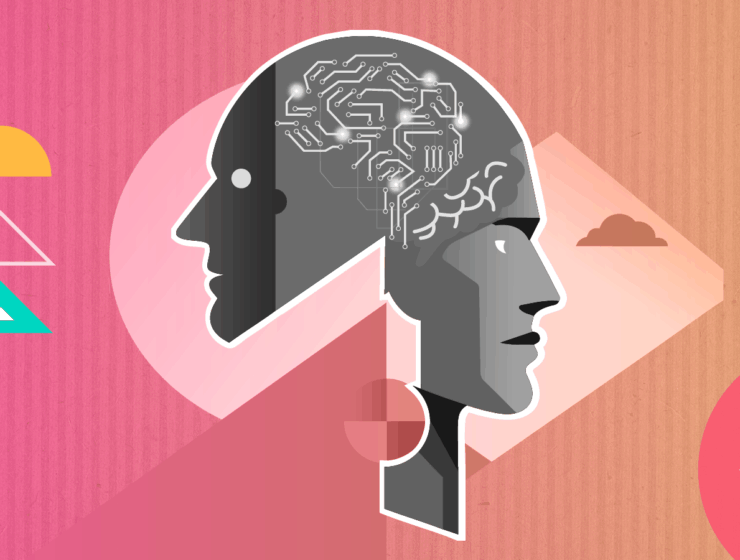During this year’s Cannes Lions, Advertising Week and Kindred joined forces to host Converge, a series of conversations about the future of mindful innovation in communications and creativity.


During this year’s Cannes Lions, Advertising Week and Kindred joined forces to host Converge, a series of conversations about the future of mindful innovation in communications and creativity.

The future of CTV advertising is rich with opportunity. With AI and blockchain at the helm, advertisers can expect more sophisticated targeting, enhanced fraud prevention, and greater contextual relevance.
Artificial Intelligence is no longer the future of marketing—it’s the now. From boosting productivity and precision to enabling smarter, more human-centered experiences, AI is revolutionizing how brands operate.

From privacy and data ethics to job disruption and creative dilution, AI in marketing is not without its complications. Here’s a closer look at the challenges marketers, businesses, and society at large must grapple with as this technology evolves.

Ultimately, AI has brought about a revolution in how advertising is created and delivered. It is both enabling faster ideation and creation, inspiring new directions, and even making it possible for advertisers to leverage new channels that reach audiences who had previously become unreachable.

In the always-evolving domain of digital media, where the potential for mismatches between ad content and the environment that surrounds it has exploded, ensuring ad compliance and brand safety have never been more vital.

AI is rewriting how marketing work gets done. But unless we think critically about who benefits, we risk reinforcing old inequalities with new technology.
We are no longer at the beginning of the AI journey. We are in the development phase. AI is being integrated into the foundation of every modern business, improving how work gets done and value gets created.
AI must be more than a value proposition or marketing message–it should drive true business growth. CMNs ready to lead in this space must go beyond theory and take clear, measurable action.

The “Deepfakes, TikTok and Political Ads: Media Influence on the Upcoming Election” session, hosted by Advertising Week in partnership with Cint, dove into the powerful role media plays in shaping voter behavior ahead of critical elections.

There is no denying that digital publishers will face disruption in the coming years, and not all will be positive. However, the publishing industry has weathered intense technological changes time and time again and survived.
Whether it is a marketing campaign that shifts paradigms or a digital strategy that redefines customer engagement, the fusion of AI efficiency and human originality promises a future of boundless creativity.
As the industry evolves, the most effective platforms won’t choose between generative and predictive models — they’ll find the right role for each.

For agencies, the challenge isn’t simply to adopt AI tools, but to redefine how we think about creative work in a world where these tools are part of every brief, brainstorm, and brand system.
We recently caught up with Nickolas Rekeda, CMO of global native advertising platform MGID, who joined us from his home in Kyiv for a humbling discussion on the pressures of working when every day might be your last.
Ultimately, AI has brought about a revolution in how advertising is created and delivered. It is both enabling faster ideation and creation, inspiring new directions, and even making it possible for advertisers to leverage new channels that reach audiences who had previously become unreachable.

The real benefit of AI isn’t about saving dollars—it’s about saving time, unlocking ideas, and empowering people to be more inventive, more human.
In an era where algorithms anticipate our next move, waiting around for customers to ‘discover’ your brand is an invitation to be overlooked.